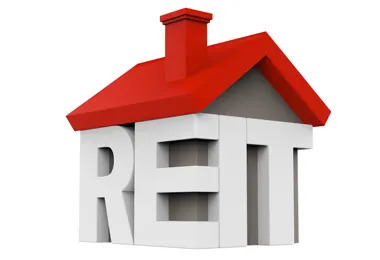
Efforts by federal and state lawmakers to lower housing costs by cracking down on corporate real estate investors could ripple across ETFs investing in real estate and mortgages.
According to a Wall Street Journal report , both Republican and Democratic politicians are pursuing ways to reduce the impact large private equity investors have on the residential housing market, which the politicians claim is driving up costs to own and rent housing.
While lawmakers, regulators and lawyers debate the pros and cons of large corporate investors buying up residential properties, some exchange-traded funds being are benefiting from that same trend.
Residential housing is a small subcategory of real estate ETFs but has the potential to become much bigger as large public companies gobble up residential housing.
Institutional Investors' Affect
David Gottlieb, a wealth manager at Savvy Advisors in West Orange, N.J., said the full impact of institutional investors goes beyond just the 3% to 5% estimated ownership rates of single-family homes.
“For every home that institutions end up purchasing, they bid on many others, which in effect drives up the price of those other targeted houses,” he said.
The largest ETF with a concentration on residential real estate is the $603 million iShares Residential and Multisector Real Estate ETF (REZ).
Launched in May 2007, REZ only focused on residential real estate until it expanded to multisector real estate in September 2020. REZ, which charges an above-average 48 basis points, is a passive strategy that tracks the FTSE Nareit US Real Estate Capped Index, which includes apartments, manufactured homes, health care, self-storage and single-family homes.
REZ is down 4.1% from the start of the year and up 2.7% over the trailing 12 months.
Similar to REZ, but with more commercial real estate exposure, is the $596 million iShare Mortgage Real Estate ETF (REM), which tracks the FTSE Nareit All Mortgage Capped Index composed of residential and commercial mortgage REITs.
REM, which charges 48 basis points, is down 6.4% this year and up 13.7% over the past 12 months.
A newer and much smaller example is the $2.1 million Residential REIT ETF (HAUS) , which is an actively-managed fund unveiled in February 2022.
HAUS, which charges 60 basis points, invests in residential REITs that generate at least 75% of their revenue from multi-family and single-family residential properties.
HAUS has gained 0.43% this year and is up 11.2% over the trailing 12 months.
Permalink | © Copyright 2024 etf.com. All rights reserved
